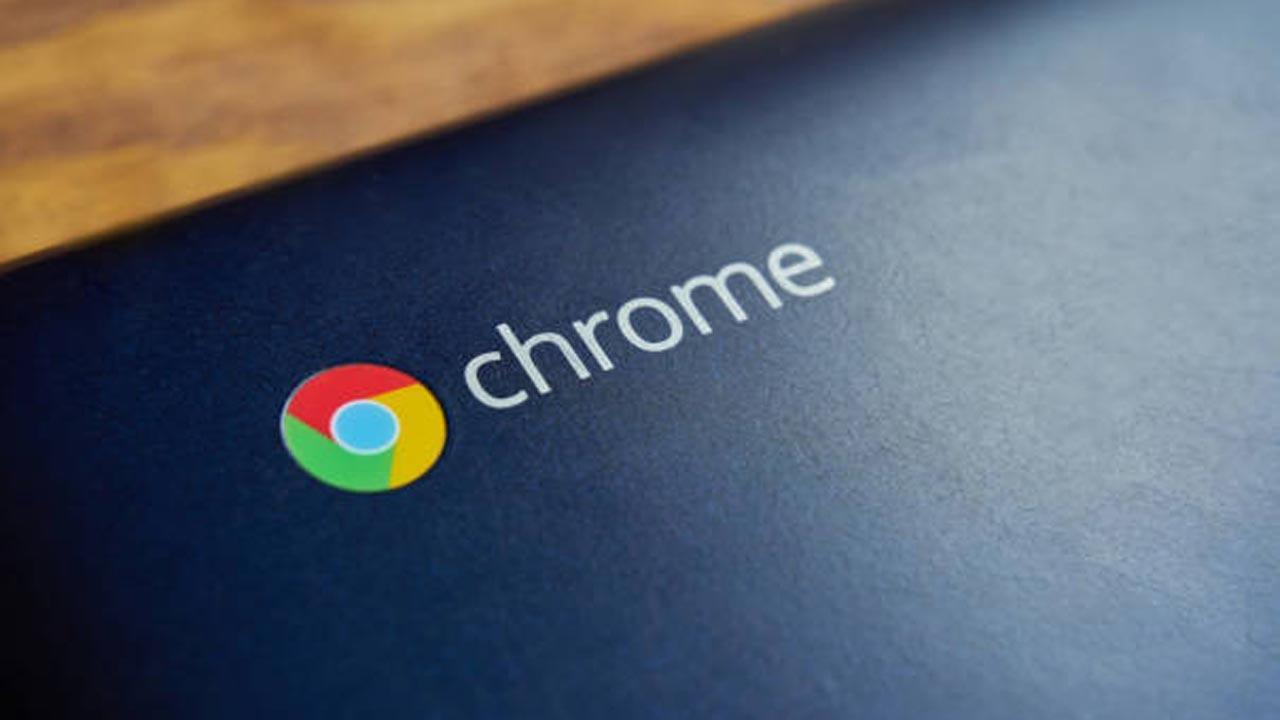Starting with v90, Chrome will try to open the site via "https://" when users leave out the prefix when typing a URL. Google had earlier said that safe browsing in Chrome automatically protects you from malicious ads and warns you before you visit dangerous sites or download suspicious files.

This picture has been used for representational purposes
Google's Chrome browser will soon try to use HTTPS as default when users forget to type the HTTP or HTTPS prefix. The move is in line with Chrome engineers efforts to increase browser safety.
ADVERTISEMENT
These HTTPS-first changes will arrive in Chrome 90, scheduled to be released in mid-April this year, ZDNet reported last week. At present, when a user types a link in the Omnibox - Chrome address (URL) bar -- Chrome will load the typed link, regardless of protocol.
But if users do not add the protocol, Chrome will add the prefix "https://" and attempt to load the domain via HTTP. According to Chrome security engineer Emily Stark, this will change in Chrome 90.
Starting with v90, Chrome will try to open the site via "https://" when users leave out the prefix when typing a URL. Google had earlier said that safe browsing in Chrome automatically protects you from malicious ads and warns you before you visit dangerous sites or download suspicious files.
If you use Chrome, your password protections are automatically built-in, Google said. Chrome already warns people when they are about to enter sensible information including passwords or payment card data on unsecured HTTP pages. It also blocks downloads from HTTP sources if the page URL is HTTPS, said the report.
This story has been sourced from a third party syndicated feed, agencies. Mid-day accepts no responsibility or liability for its dependability, trustworthiness, reliability and data of the text. Mid-day management/mid-day.com reserves the sole right to alter, delete or remove (without notice) the content in its absolute discretion for any reason whatsoever
 Subscribe today by clicking the link and stay updated with the latest news!" Click here!
Subscribe today by clicking the link and stay updated with the latest news!" Click here!






